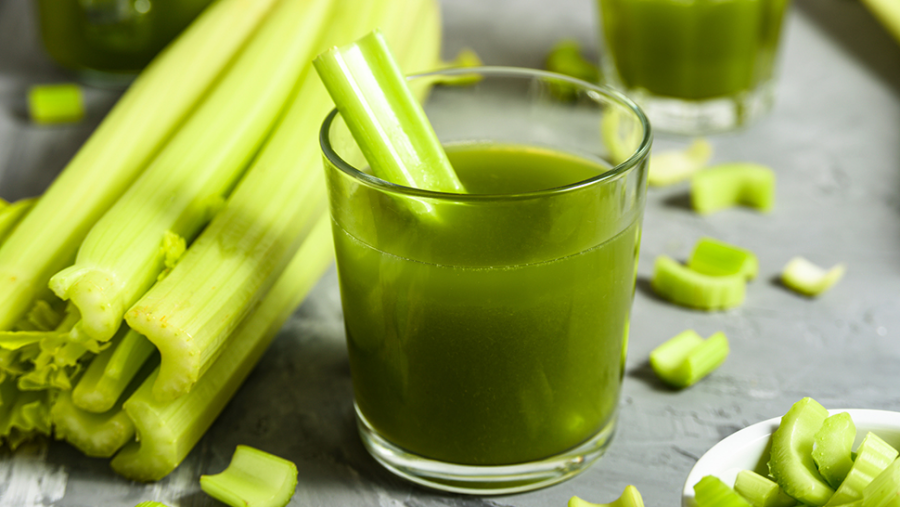The Dangers of Glow-Up Culture
June 22, 2021
*Trigger Warning* ED and Disordered Behaviors
“Drink this every day to lose 10 pounds in a week!”, “Eat less than 1,000 calories a day to reach your fitness goals,” “Do three hours of cardio every day to get a summer body.” These claims are targeted at naive and vulnerable people, specifically teenagers, in order to fuel the raging fire that is the diet industry.
Over quarantine, after seeing these claims and the praised disorderly habits from people in the media, I fell down the spiraling rabbit hole of toxic diet culture. I began logging every single calorie and restricting myself to the point of near starvation, all to reach society’s unrealistic expectations of what my body should look like. I was only eating “clean” foods in fear that something like a slice of cake would ruin all my “healthy” progress, and I believed that I was the healthiest I had ever been for restricting my cravings. Little did I know, I was underfueling my body and doing more harm than benefit. Not only did I constantly feel groggy and tired, but I was running on about half of the number of calories that someone my age should eat a day. Due to diet culture’s false and unresearched declarations, not only had I destroyed my metabolism, but I had also developed an unhealthy relationship with food and an undiagnosed eating disorder. After being in this malnourished state for a prolonged period of time, my hair started falling out as a result of my body not receiving enough vital nutrients. The worst part, however, is that I was not doing this restrictive routine to get healthier for myself, but I was doing it to reach society’s expectations of how a “healthy me” should look.
Struggling with body image is a common characteristic among high schoolers, and by the age of seventeen, seventy-eight percent of girls report being “unhappy with their bodies.” I know what it feels like to hate what you see in the mirror and trust me it’s a detrimental mindset to have. However, through research of my own, I quickly began to realize what kind of damaging effects could emerge if I continued with my restrictive eating patterns. Not only was I increasing my risk of heart failure, neurological damages, and overall weakness, but my overall mentality was destroyed. Eating too much food made me feel guilty and like a failure, but when I starved myself, I constantly ached for food; I struggled to find a balance that would leave me feeling content and satisfied.
After a few months of restricting and binging, I acknowledged that I needed to make a change in my eating behaviors: otherwise, my destructive actions would continue to harm my body. Through TikTok and YouTube, I was able to find loads of positive influencers who had struggled in a similar way I had, and they had used their experiences to help others avoid participating in disorderly habits. These creators, such as Natalia Seliger and Linda Sun, taught me that listening to my body would be the first step in recovery. Eating intuitively is a practice that encourages honoring hunger cues, therefore not leaving one’s body in a state of deprivation or a feeling of uncomfortable fullness. As I implemented intuitive eating into my life, I quickly noticed an improvement in my energy levels and in the overall feeling of my body. With increased comfort in my body, increased confidence followed, and I’ve learned to appreciate my body and all that it does for me every day.
Although my self-love process started down a dark path, I am hoping that my reflection on my journey can help others from steering in the wrong direction. Please do not listen to any health claims without doing your own research first. Remember that food is fuel, and you deserve to eat. Every body is a summer body.







